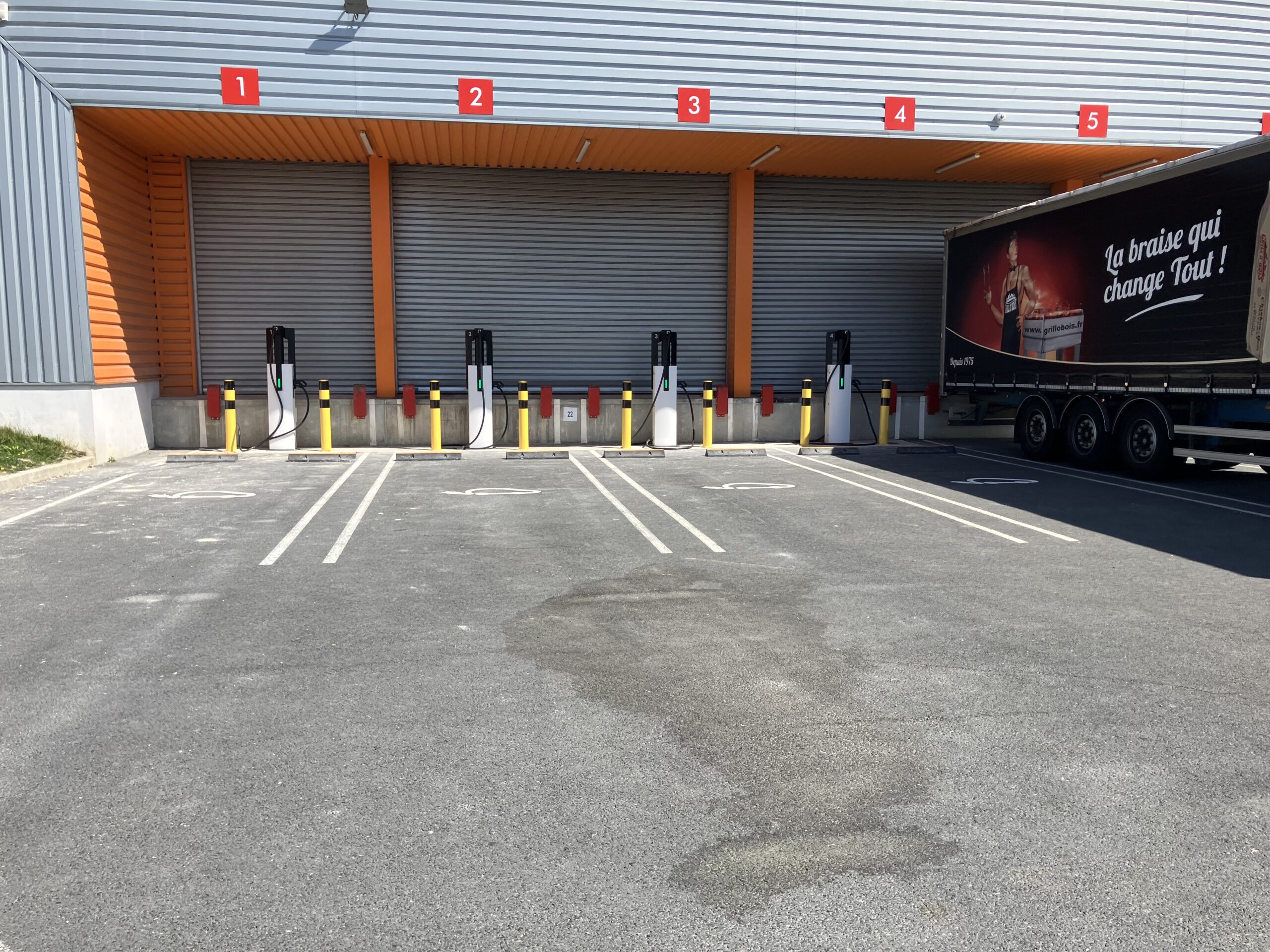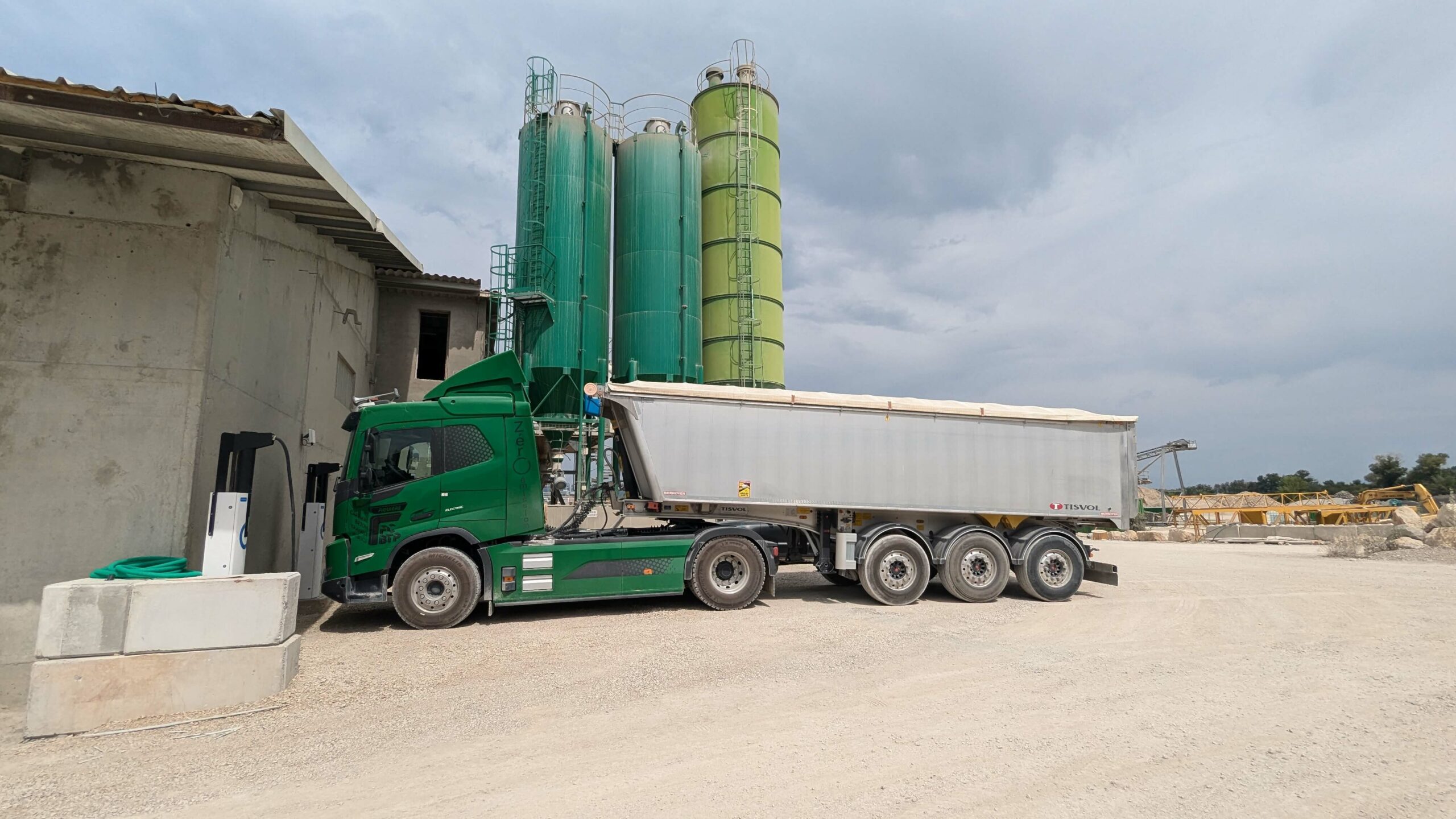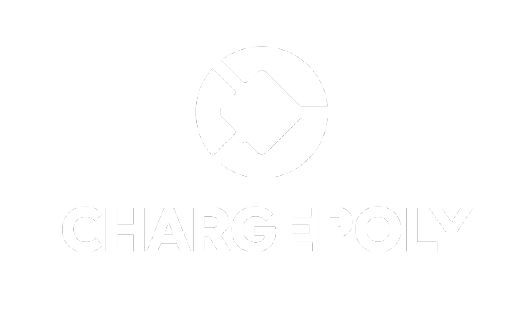For transport and logistics operators, the transition to electric vehicles often raises concerns, particularly regarding the upfront cost of electric HGVs (Heavy Goods Vehicles) and the associated charging infrastructure. At Chargepoly, we believe that this investment should be viewed within a broader perspective, as it paves the way for significant savings in operating costs and long-term competitiveness.
Operating costs outweigh purchase costs by 3 to 4 times over a vehicle's lifespan
While the purchase price of an electric truck is often seen as a barrier to electrification, it’s crucial to evaluate it within the framework of Total Cost of Ownership (TCO).
The TCO of a truck encompasses not only the purchase price (CAPEX) but also all operating expenses—energy (fuel or electricity), driver wages, maintenance, tolls, insurance, taxes, and overheads—over the vehicle’s lifetime. From this perspective, the weight of the purchase cost (including financing) is significantly reduced: it accounts for approximately 15% of the TCO for a diesel HGV* and 25-30% for an electric equivalent*.
*according to CNR (French Comité National Routier) data.
Given that electric trucks perform better in most areas of operating costs, particularly energy expenses, TCO analyses show a close race between electric and diesel models. While an electric truck may cost 2-3 times more upfront, it is only 10-15% more expensive in terms of TCO—and already more competitive for high-mileage use cases. With battery prices steadily declining, electric trucks are set to become the most economical choice.
In conclusion, these analyses demonstrate that despite higher purchase prices, electric trucks are already on par with diesel models when evaluated through the lens of TCO.
The critical impact of operating cost optimisation
Another key takeaway from these findings is that, since operating costs account for over three-quarters of a truck’s TCO, optimising these costs can significantly enhance a transport operator’s competitiveness.
In the context of depot charging, electrification unlocks a cost-reduction potential far beyond what is achievable with diesel vehicles.
Intelligent charging management as a key optimisation lever
Fleet managers of diesel HGVs have limited options for reducing energy costs: bulk fuel purchasing, optimising delivery routes, or selecting more fuel-efficient models.
For electric trucks, these strategies remain relevant, but an additional and far more powerful mechanism exists: intelligent depot charging management.
Unlike diesel refuelling, where timing has no impact on cost, the timing of electric charging can be a decisive factor. Leveraging a charging management system is essential to maximise savings. Several levels of optimisation can be achieved, depending on the electricity supply contract, the charging management system, the charging stations, and the vehicles themselves:
- Time-of-use charging optimisation:
The simplest optimisation level—linked to potential savings of up to 20%—is scheduling charging during off-peak hours. A management system ensures that charging aligns with the cheapest time slots in the site’s electricity contract (off-peak hours), while respecting the day’s delivery schedules and departure times. This principle also applies to solar self-consumption, where the site’s “off-peak hours” align with periods of maximum photovoltaic production. - Spot market electricity sourcing:
By integrating with third-party systems that monitor short-term electricity prices on the spot market, the charging management platform schedules charging during periods when electricity prices are lowest. This approach can unlock even greater savings—30-50% compared to unmanaged charging—but requires a compatible electricity supply contract. - Vehicle-to-Grid (V2G) and grid services:
Electric truck batteries represent a valuable resource for grid stability, especially given the intermittency of renewable energy sources. With vehicles and chargers capable of bidirectional charging, the management system can enable batteries to support the grid during specific periods (e.g., as reserve capacity or frequency regulation), generating revenue for the fleet operator. - Hybrid charging station (public / private): When the operator is not using the chargers for its internal fleet needs, the station can be opened to partners (or even to the general public) and generate additional revenue. All this should be orchestrated once again by an intelligent station management system, with different pricing and charging authorisation models depending on the user.
The activation of these optimization mechanisms can drastically reduce and/or offset the electricity bill of a carrier who has converted to electric, resulting in a TCO that is not only more advantageous than that of their old ICE fleet but also in unbeatable competitiveness against their counterparts.
The importance of flexibility in charging infrastructure
For these optimisation strategies to be effective, one crucial prerequisite is flexibility. Operators must be able to concentrate charging within specific time slots to fully realise the benefits of intelligent management. If a vehicle needs to remain plugged in throughout its downtime due to a low-power charger, intelligent scheduling becomes impossible.
This highlights the importance of designing charging infrastructure with flexibility in mind. A well-dimensioned station is critical to the successful operation of electric trucks and must be an integral part of the TCO calculation.
How Chargepoly supports your transition
At Chargepoly, we assist our clients in simultaneously integrating electric vehicles and charging stations. Our approach goes beyond the initial investment, accounting for operating costs across the entire lifecycle of assets. This holistic view is, in our opinion, essential for ensuring an electric transition that is both effective in terms of decarbonisation and economic viability..
Want to learn how to optimise your operating costs while accelerating fleet decarbonisation?
Contact us to discover our tailored solutions.




